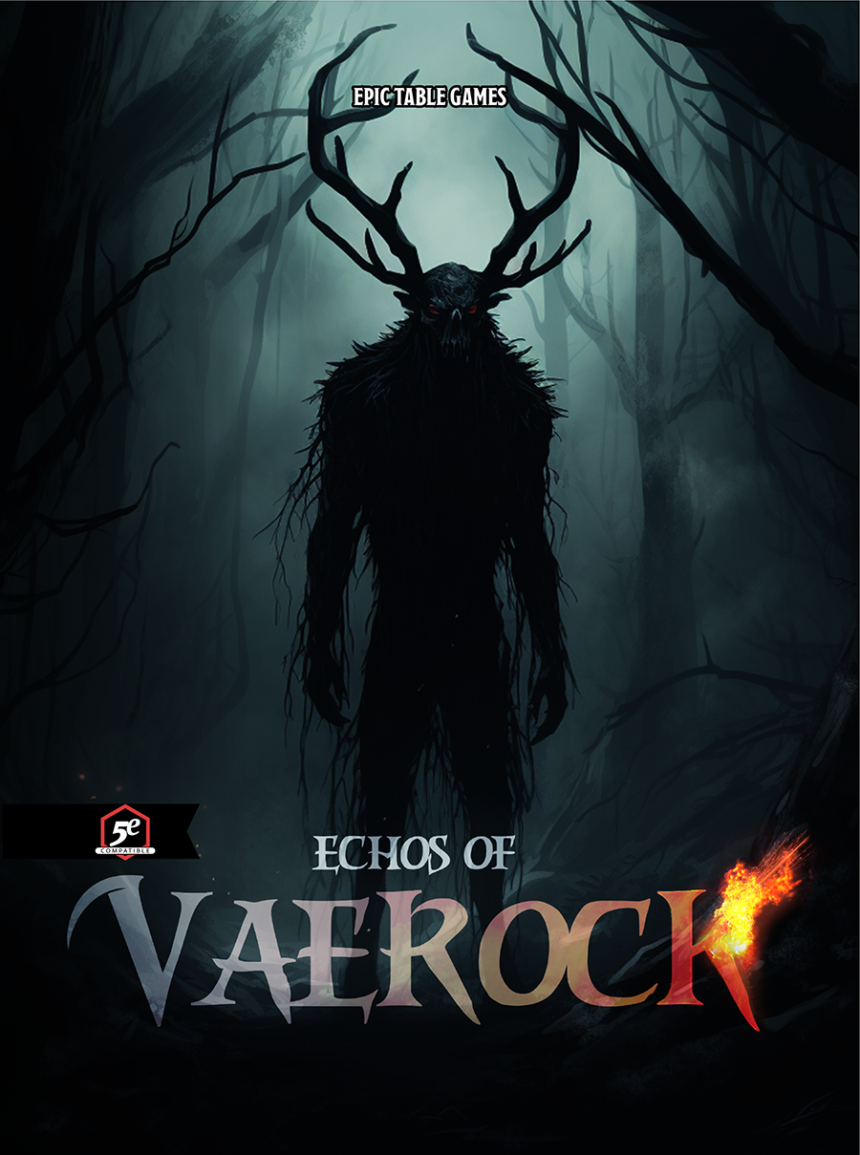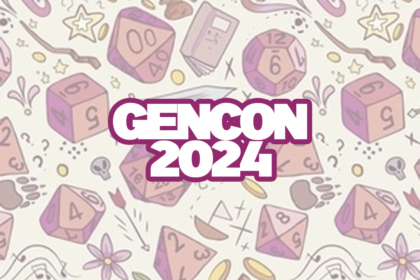Hello, everyone, and welcome back to your seat at the Epic Table! Today’s post is another one on resolving dice rolls, along the lines of Let Persuasion Rolls Succeed, You Cowards (Part 1, Part 2). It’s a topic that’s very close to my heart, because it’s something that’s come up in almost every RPG I’ve ever played. It involves verisimilitude, immersion, subject matter experts, and game design in general.
And, basically, it’s about making sure characters don’t look like idiots.
Quick note: this is another one that’s applicable to most systems but that I’m going to be approaching from a primarily d20-based perspective. That’s partially because of the commonality of d20 systems, but also because of how d20-based systems are structured in terms of modifiers versus rolls. There are a couple of d20-specific quirks I’ll be discussing, but worry not: this is important in your non-d20 games as well.
Surrounded By Idiots
Something I have seen in absolutely every game is something like the following.
Alex’s character, Knives the Rogue, is sneaking down a hallway. Knives is a professional thief, well-trained in the arts of stealth. Bailey, the GM, asks Alex to make a roll for that. Alex shakes the dice, tosses them… and they land in a way that represents failure. “Okay,” Bailey says, “Knives trips over their own boots and crashes into a shelf of cookware.”
This, to be clear, sucks.
Obviously, it’s not great that Knives has, mechanically speaking, failed on the roll. The problem is that the result here has gone beyond that. Knives didn’t just fail—Knives failed in a way that makes them look incompetent. This failure has done damage to the concept that Knives is a competent stealth artist. That undermines the character itself, and that’s not something that’s going to go away at the end of the encounter. Since most games are about characters that are, in theory, competent at their chosen field (adventures, runners, etc.), this hurts the fiction in a very real way.
Why Do We Do This?
Digression: why the hell does everyone do this? I don’t know for sure, but my theory is that it has to do with subject matter mastery.
In order to know how something can go wrong, you have to know about that thing in the first place. What’s the most common reason a person misses an archery shot? What’s the most common slip of etiquette at a formal dinner? Not all of us know these things off the top of our heads, or frequently even at all. Even more true is that we as GMs feel pressured to come up with a variety of reasons something might fail so that it’s not the same thing every time—in other words, so that our games don’t start to feel repetitive. So we take the easy route.
Falling on your face, dropping what you’re holding, or saying something remarkably dumb are extremely easy to imagine and also happen to cover something like 90% of cases for something to go wrong in your typical RPG. They’re easy wells to go to when you need to think of something to go wrong on the fly. And, well, they’re the wells we as a community have been going to for something like 50 years now. Fumble tables (which, by the way, I regard as one of the most destructive mechanics in RPG gaming) look pretty much the same now as they did back in the 80s. We as a community aren’t just taking the easy route out of convenience—we’re doing it because everyone else does, too. Including the people who taught us how to game.
So how do we push back? By thinking about what the dice roll represents.
Mod Squad
The overwhelming majority of games that use dice have some way to modify those dice. Adding, subtracting, determining which to count, determining what sides of the dice are good, determining how many to throw, whatever. For the sake of argument, we’ll call all those things “modifiers.”
In general, modifiers represent one of two things: the character’s abilities, training, knacks, equipment, or whatever things are true in the fiction about them on one hand, and the fictional circumstances (including the same attributes of anyone opposing them) on the other. These give us a set of fixed conditions that, when we work them all out, tell us how to modify our dice roll. The rest is up to the random results of the dice themselves.
This Advice Is Out Of Control
With this division in mind, two better sources of failure for characters quickly become apparent. They’re actually the same source… but we’ll come back to that later.
First, the obvious one: a character failed because of one of the negative modifiers in play.
Normally it would be child’s play for Knives to sneak down this hallway, but it’s too bright. Or the echoing tile is too loud. Or the guards have some kind of spell helping them hear (treating an opponent’s positive modifier as a negative modifier to the role). Something that’s hindering them just proves to be a little too much, and things don’t break their way this time. This can be especially effective in systems with static modifiers if the roll failed by less than the amount of the static modifier—if, for example, a roll failed by 3 points and there was a -4 modifier of some kind applied.
The second is that something just doesn’t break the character’s way. The guard Knives is sneaking up to suddenly remembers that they left their wallet in the other room and abruptly turns around. The person Knives is trying to persuade has honestly just been having a really hard day. The riddle in the ancient language Knives is trying to remember is using the other word for it. Sometimes things just don’t go someone’s way for reasons entirely beyond their control.
And that is what both of these have in common: they’re not in the character’s control. That’s the secret to making the character not look stupid when they fail: don’t make it for reasons they can control. Make it because of random chance, because their enemies had things go their way, because of an external factor that things just didn’t break right for them to overcome. Don’t make it something that any competent person would have remembered.
But what if there’s nothing? If there’s literally no reason that things shouldn’t go their way? Then you shouldn’t have made them roll for it in the first place. Remember: you should only roll when the outcome is somehow in doubt. If it’s not, you’re deliberately setting up a scenario where the character either 1) succeeds and easily accomplishes what they should have anyway or 2) fails because they somehow become an idiot temporarily. That’s bad for the fiction and a bad experience for the player. Don’t do it.
(A small digression for D&D/PF players: this is doubly true if for some reason you’re having 20s auto-succeed and 1s auto-fail. If using that roll, you cannot have someone roll when the outcome really shouldn’t be in doubt. It’ll just make them look stupid if they fail.)
We’ve All Been There
Let me close with this: like I said earlier, I think a large part of why this happens is because we’re used to it. It’s how we played the game. That means that we all know the feeling when our character is made to randomly suck. It’s not fun.
So why inflict it on other people? Break the cycle. Be better. Stop making your characters look like idiots.
The contents of this post are © 2024 H. Tucker Cobey. All rights reserved.







